Welcome to the world of IBS, where an average of 8% of people worldwide suffer from extreme digestive upset, bloating, gas, and other gut health issues. Whether you have been recently diagnosed or have been struggling with irritable bowel syndrome (IBS) for years, we understand how challenging and frustrating it can be.
That’s why we are here to share some valuable tips on what not to do if you want to keep your gut health in check. From avoiding trigger foods to adopting healthy habits, we have got you covered. So, buckle up and get ready to take control of your gut health!
Do Not Self-Diagnose
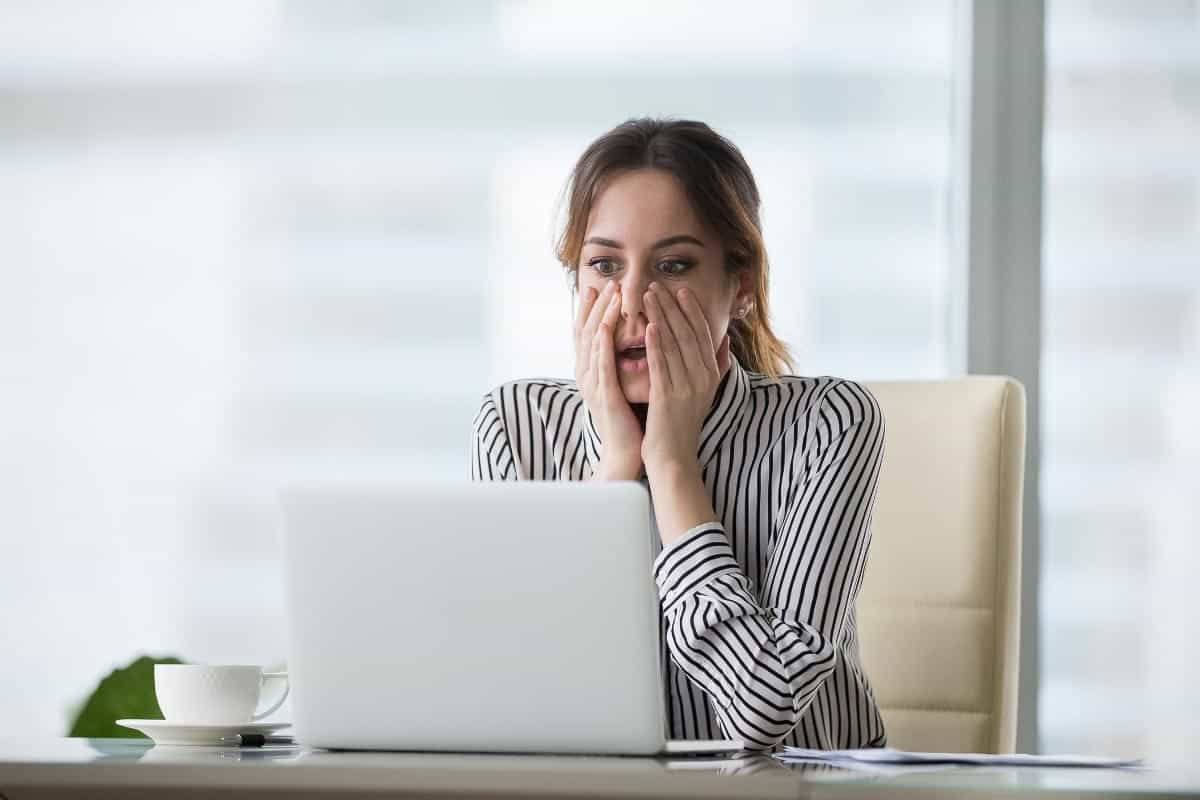
Your tummy hurts. You go online and do some reading. Next thing you know, you have decided you have IBS. DO NOT SELF-DIAGNOSE. We cannot stress this enough. There are many medical issues that share the same symptoms of IBS, some of which are life threatening. Please work with a medical doctor, preferably a gastroenterologist.
Don’t Go It Alone
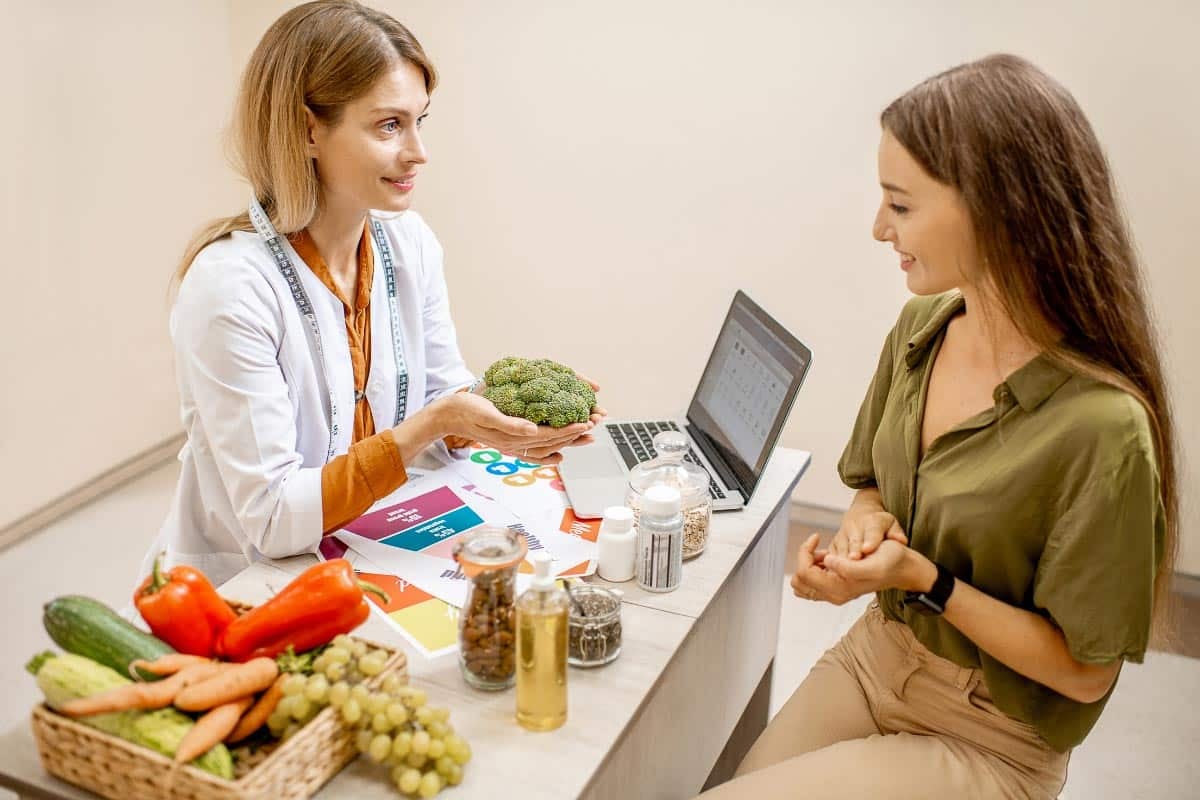
Registered Dietitians (RDs), or the equivalent in your country, are the medical professionals to seek out once you have a diagnosis. Unfortunately, many doctors do not tell you this, but the RDs are the ones to help you implement whatever the doctor has laid out. It can be very difficult to approach your IBS alone – but you do not have to! And, while RDs are not always covered by insurance, it can be the most economical approach, if you engage with one at the get-go.
People who do not work with a dietitian end up spending hundreds, if not thousands of dollars, on the wrong foods, supplements, medications, home tests and gadgets – and spend more time in pain. Work with a dietitian.
Work With Professionals Only
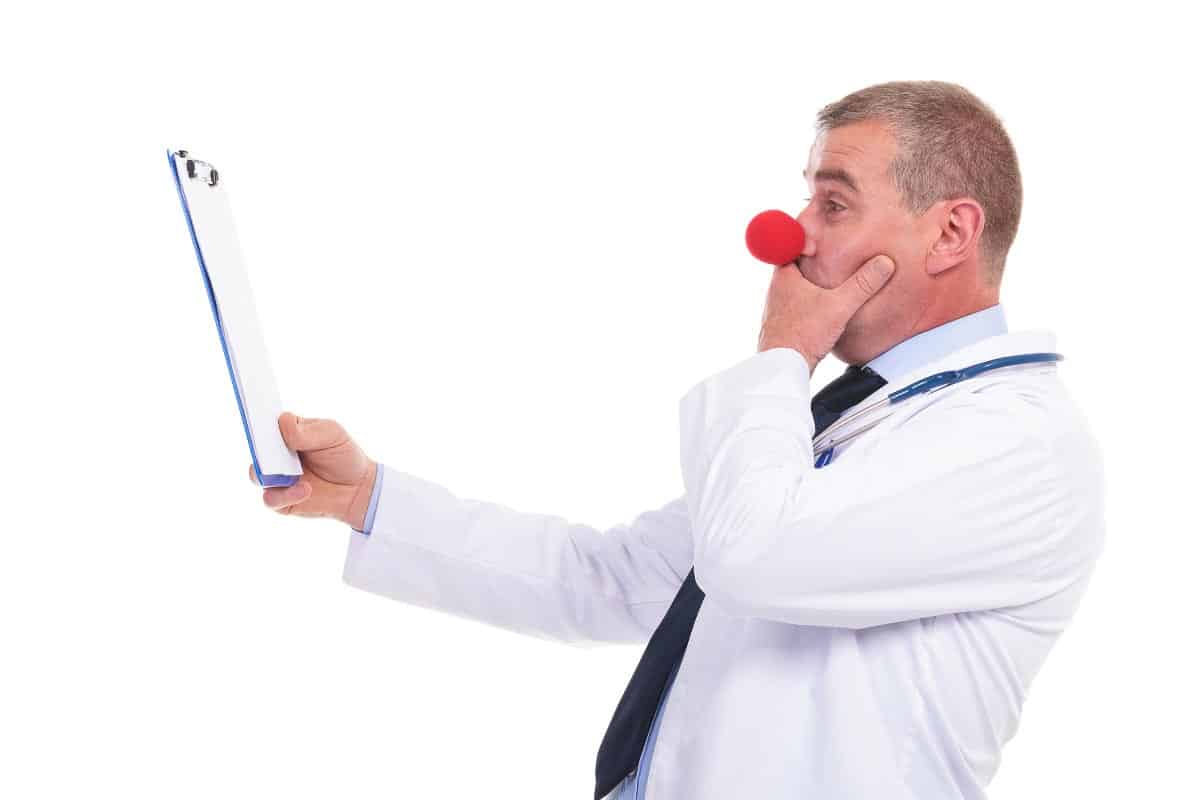
By the way, dietitians and “nutritionists” are not the same thing. In the US the designation “nutritionist” is an unregulated term. “Nutritionists” are not required to complete any formal education, supervised training, or work experience before practicing nutrition. Nutritionists in the United States, Canada, Australia, and the United Kingdom are not regulated nor legally bound to any governing body ensuring that the education provided is safe and evidence based.
Steer clear of “nutritionists”, “health coaches”, “nutrition coaches”, “functional nutritionists”, “nutrition therapists”, or “gut health specialists”. Beware. The number of “nutrition experts” has exploded, especially in the world of social media and blogs.
Don’t Be Afraid Of The Low FODMAP Diet
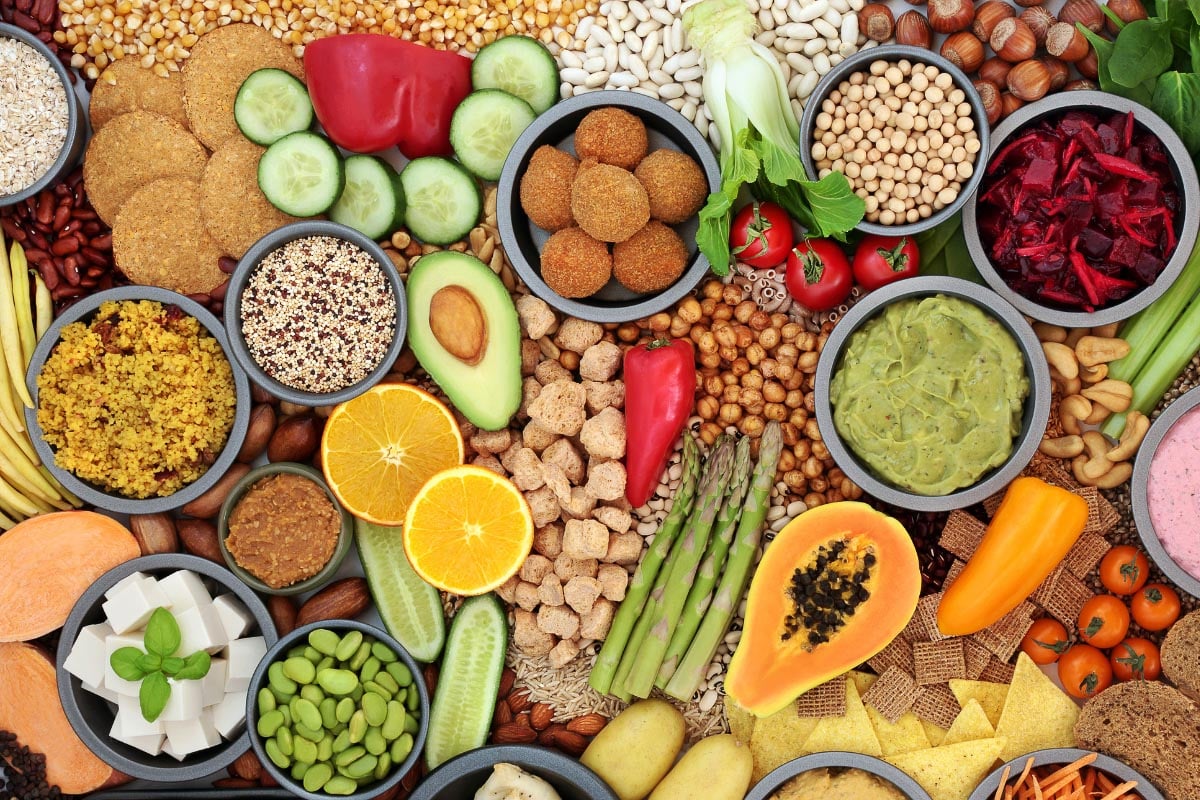
The Low FODMAP Diet can eliminate, or greatly reduce, IBS symptoms, in up to 75% of those who try it. The key is to work with a dietitian who can tailor the diet to you specifically. The diet is not one size fits all and will look different for everyone – but it can be life changing and lifesaving and is worth a look. PS: Going back to our first point, the diet should not just be embarked upon without an IBS diagnosis and the recommendation for the diet from a medical doctor.
Don’t Follow What Others Are Doing

Your IBS is not my IBS, or the IBS for the person down the street, or the IBS for the person you are chatting with in a Facebook group. The foods, medications and supplements that work for them might actually make your symptoms worse. The solution to this is to work with a dietitian who will take your unique medical presentation and lifestyle issues into account and tailor an approach that will work for YOU.
By the way, the future of IBS might be in your microbiome. Your specific microbiome (the amount and blend of bacteria in your gut) is unique and researchers are beginning to learn how we might be able to customize IBS therapies specifically to you and you alone. It is literally that specific!
Social Media Is Not Your Doctor

Social media is packed with health information – and the great majority of it is coming from non-medical laypeople. Would you ask someone you met in the park what medication they recommend for your heart palpitations? Would you ask the person in front of you in line at the coffeeshop what you should do about your non-stop diarrhea? Those are rhetorical questions, by the way. Please stick with your gastroenterologist and dietitian.
How do you find and choose a dietitian? Read this article that will guide you through the process.
Don’t Underestimate The Effects Of Stress On Your Gut

IBS is considered a gut-brain disorder. Sound crazy? If you have every had butterflies in your stomach before a nerve-wracking exam, or public speaking engagement, then you have experienced the gut-brain connection! Stress and anxiety can affect your IBS symptoms. Practice stress-reduction, like exercise and proper sleep. And did you know that gut-directed hypnotherapy is actually clinically proven to work? There are app based programs like Nerva that can make a huge difference.
Don’t Lose Hope

One hopeful thing to understand is that your gastrointestinal tract is not static. The symptoms you are experiencing today will change. And your intolerance to foods can change as well, and most likely will. A dietitian can help you monitor what works and what doesn’t and can get you to a symptom-free and pain-free space in the most direct and swift way possible.
The Takeaway

The light at the end of the tunnel is that there are many ways to help you manage IBS. Never self-diagnose. A medical doctor can help diagnose your digestive issues and make recommendations for how to decrease your IBS symptoms. Once you have your marching orders, working with a dietitian is statistically and anecdotally the most direct way to becoming IBS symptom-free. You can get your life back from debilitating IBS; there is no need to suffer anymore.
What Can I Eat On The Low FODMAP Diet?

We bet you are asking yourself, what can I eat on the low FODMAP diet? It is the #1 question that we hear folks ask. This article is going to take you through the answers step-by-step, so that you will never be hungry – and be able to keep Your Irritable Bowel Syndrome (IBS) triggers at bay. Click to read What Can I Eat On The Low FODMAP Diet?
10 Foods To Be Careful With If You Have Irritable Bowel Syndrome
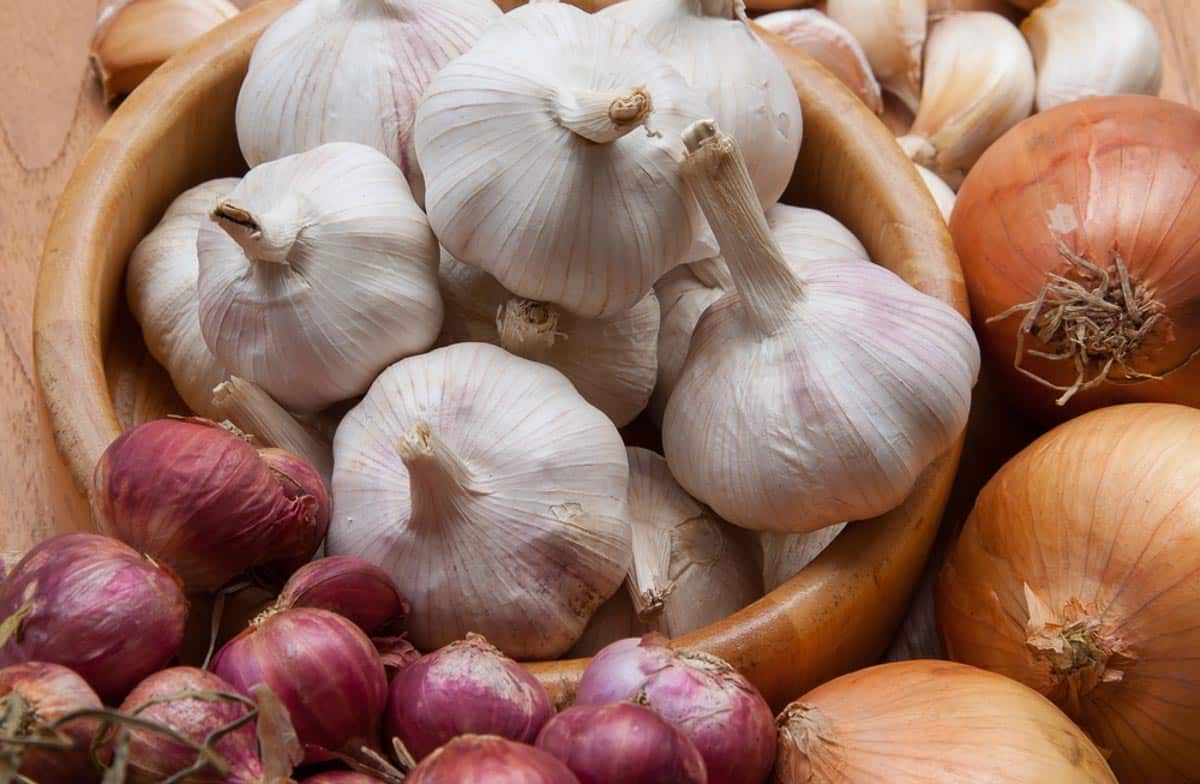
Are there times you eat something and either suddenly or a few hours later you find yourself bloated, uncomfortable and running to the bathroom? Here are 10 foods known to be problematic for many individuals who have Irritable Bowel Syndrome or IBS. Click for 10 Foods To Be Careful With If You Have Irritable Bowel Syndrome
And Don’t Miss These Articles If You Have IBS

Our team of low FODMAP and IBS trained dietitians and healthcare experts have written 100’s of Wellness Articles to help you THRIVE.







